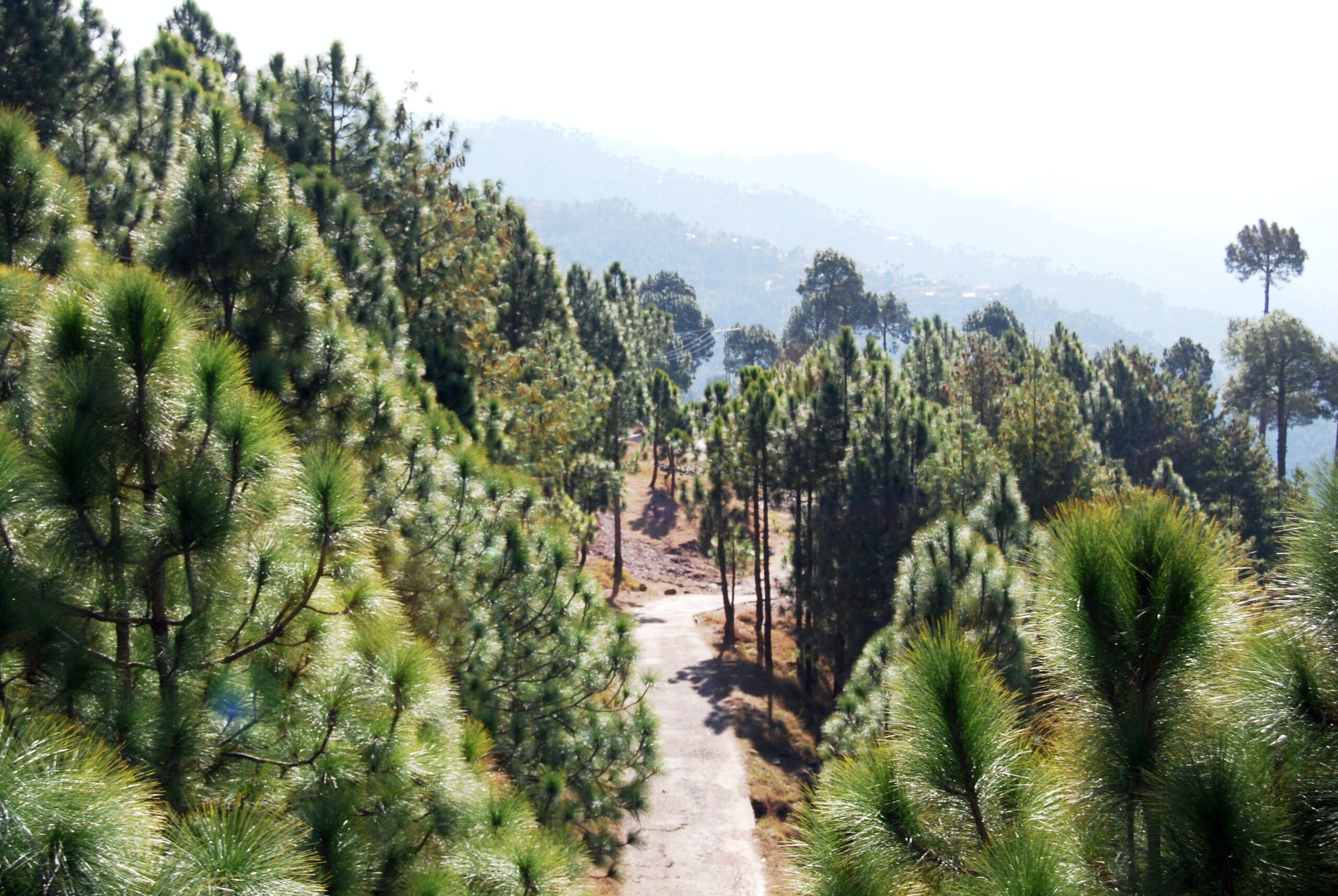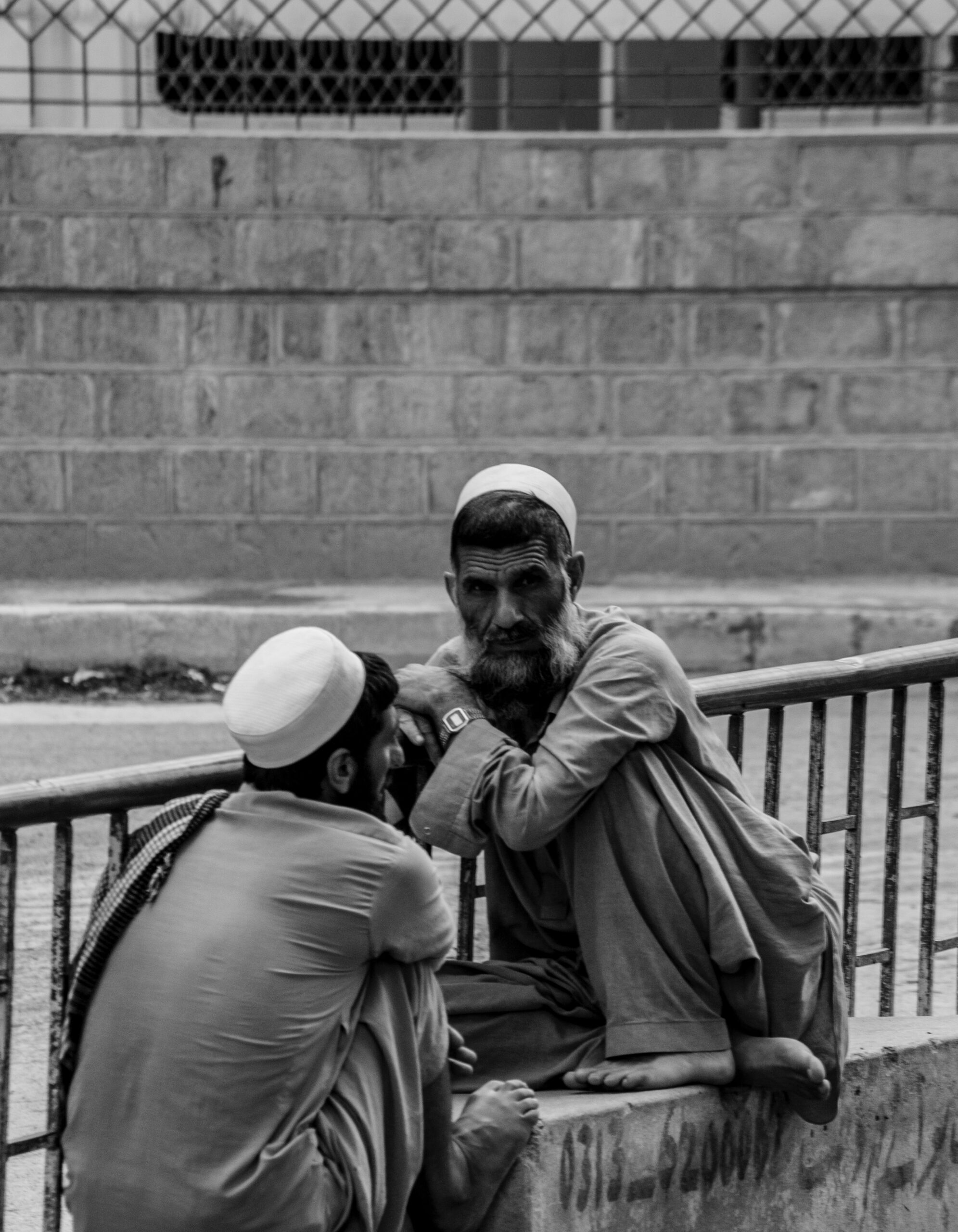In this episode, Dominic Bowen speaks with Syed Wajid, a humanitarian with more than 30 years experience with emergency and humanitarian response activities, supporting people affected by natural and man-made disasters in Pakistan.
Pakistan is a country rich in cultural and political history, and also humanitarian crises
Pakistan has a history of facing a variety of humanitarian disasters, including natural disasters such as earthquakes, floods, and cyclones, as well as man-made disasters such as armed conflicts and terrorism. These disasters have had a devastating impact on the country, causing widespread loss of life, injury, and damage to infrastructure and property. In this article, we will discuss some of the major humanitarian disasters that have occurred in Pakistan and their impact on the country.
One of the most devastating natural disasters to hit Pakistan was the 2005 earthquake that struck the northern part of the country. The earthquake, which had a magnitude of 7.6, caused widespread damage to buildings and infrastructure, and resulted in the deaths of more than 73,000 people. The earthquake also displaced more than 3 million people, many of whom were forced to live in temporary camps or shelters. The disaster had a significant impact on the country’s economy, as it disrupted trade and commerce, and caused significant losses to agriculture and other sectors.

Floods are another major disaster that frequently affect Pakistan. The country has a long history of flooding, with the Indus River and its tributaries being particularly prone to flooding. In 2010, Pakistan experienced one of the worst floods in its history, with the Indus River and its tributaries overflowing and causing widespread damage. The floods affected more than 20 million people, killing more than 1,700 people and causing damage to more than 1.9 million hectares of crops. The disaster had a significant impact on the country’s economy, as it disrupted trade and commerce, and caused significant losses to agriculture and other sectors.
Pakistan has also faced a number of man-made disasters, including armed conflicts and terrorism. The country has been embroiled in a long-standing conflict with India over the disputed region of Kashmir, which has led to periodic outbreaks of violence and casualties. In addition, Pakistan has faced significant challenges in combating terrorism, with various militant groups operating within its borders. The country has experienced a number of major terrorist attacks, including the 2013 attack on the Army Public School in Peshawar, which resulted in the deaths of more than 140 people, mostly children.
The impact of humanitarian disasters on Pakistan has been significant, both in terms of human lives lost and economic damage. These disasters have had a lasting impact on the country, particularly on the most vulnerable communities, such as women, children, and the elderly. In addition to the immediate loss of life and damage to infrastructure, these disasters have also disrupted trade and commerce, and caused significant losses to agriculture and other sectors, leading to long-term economic consequences.
To address the impact of humanitarian disasters in Pakistan, the government and various international organizations have implemented a number of measures. These include the provision of emergency aid and assistance, such as food, shelter, and medical care, as well as the reconstruction and rehabilitation of infrastructure. In addition, efforts have been made to improve the country’s disaster preparedness and response capabilities, through the development of early warning systems, the establishment of emergency response plans, and the training of emergency responders.
Despite these efforts, Pakistan continues to face significant challenges in addressing the impact of humanitarian disasters. The country’s infrastructure is often inadequate to cope with the scale of the disasters, and the limited resources and capacity of the government and other organizations often make it difficult to provide adequate aid and assistance. In addition, the country’s vulnerable communities are often the most affected by disasters, and they may not have the resources or capacity to recover on their own.
In conclusion, Pakistan has a history of facing a variety of humanitarian disasters, including natural disasters such as earthquakes and floods, and man-made disasters such as armed conflicts and terrorism. These disasters have had a significant impact on the country, causing widespread under-development.
Notwithstanding the significant natural disasters affecting the country,
Pakistan has made significant progress in its development in recent years, with a number of positive indicators emerging across various sectors. Some of the key areas where Pakistan has made notable progress include:
- Economic growth: Pakistan’s economy has been growing at a steady rate in recent years, with GDP growth averaging around 3-4% per year. The country has made significant progress in improving its business climate, attracting foreign investment, and boosting exports.
- Infrastructure development: Pakistan has made significant investments in its infrastructure in recent years, including in transportation, energy, and telecommunications. These investments have helped to improve connectivity within the country and enhance the business environment.
- Education: Pakistan has made significant progress in increasing access to education, particularly for girls. The country has made significant investments in education, and the enrollment rate has increased significantly, particularly at the primary and secondary levels.
- Health: Pakistan has made significant progress in improving the quality of healthcare in the country, with a number of initiatives being implemented to expand access to quality healthcare services. This includes the expansion of healthcare facilities and the training of healthcare professionals.
- Women’s empowerment: Pakistan has made significant progress in empowering women and promoting gender equality. This includes initiatives to increase the participation of women in the workforce, and the implementation of policies and programs aimed at promoting the rights and opportunities of women.
- Agriculture: Pakistan is one of the largest agricultural producers in the world, and the sector plays a crucial role in the country’s economy. The country has made significant progress in improving agricultural productivity and expanding the sector, which has helped to boost economic growth and reduce poverty.
- Renewable energy: Pakistan has made significant progress in expanding its use of renewable energy, with a number of initiatives being implemented to increase the share of renewable energy in the country’s energy mix. This includes the development of solar and wind power projects, which are helping to reduce the country’s dependence on fossil fuels and lower its carbon emissions.
In conclusion, Pakistan has made significant progress in its development in recent years, with a number of positive indicators emerging across various sectors. From economic growth and infrastructure development to education, health, and agriculture, the country has made significant progress in improving the quality of life for its citizens.
